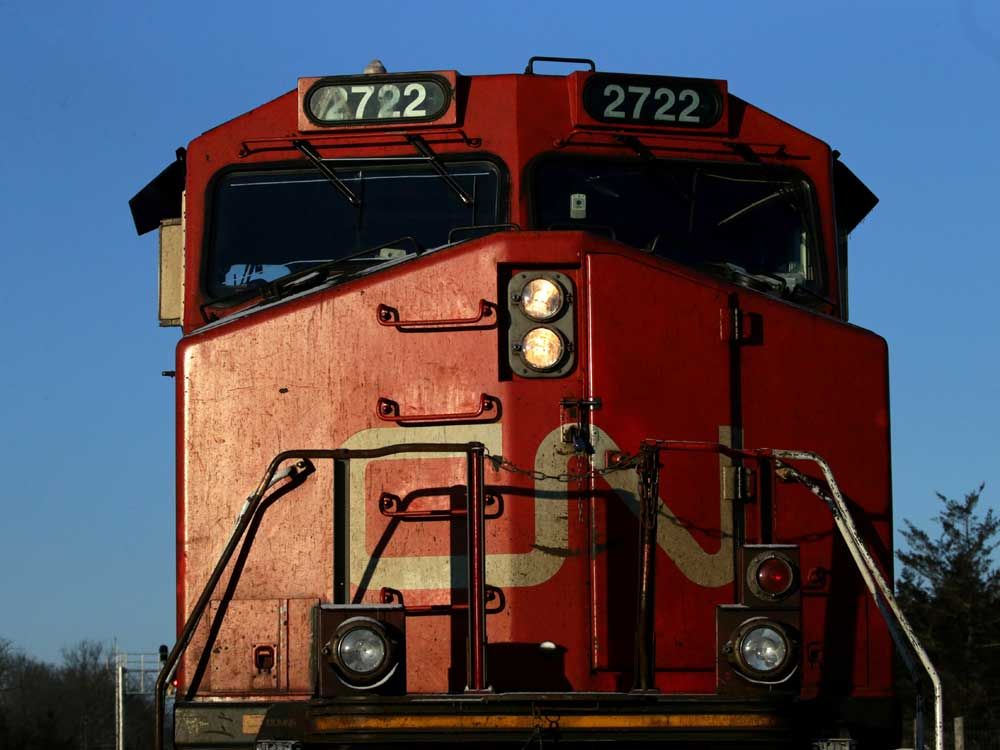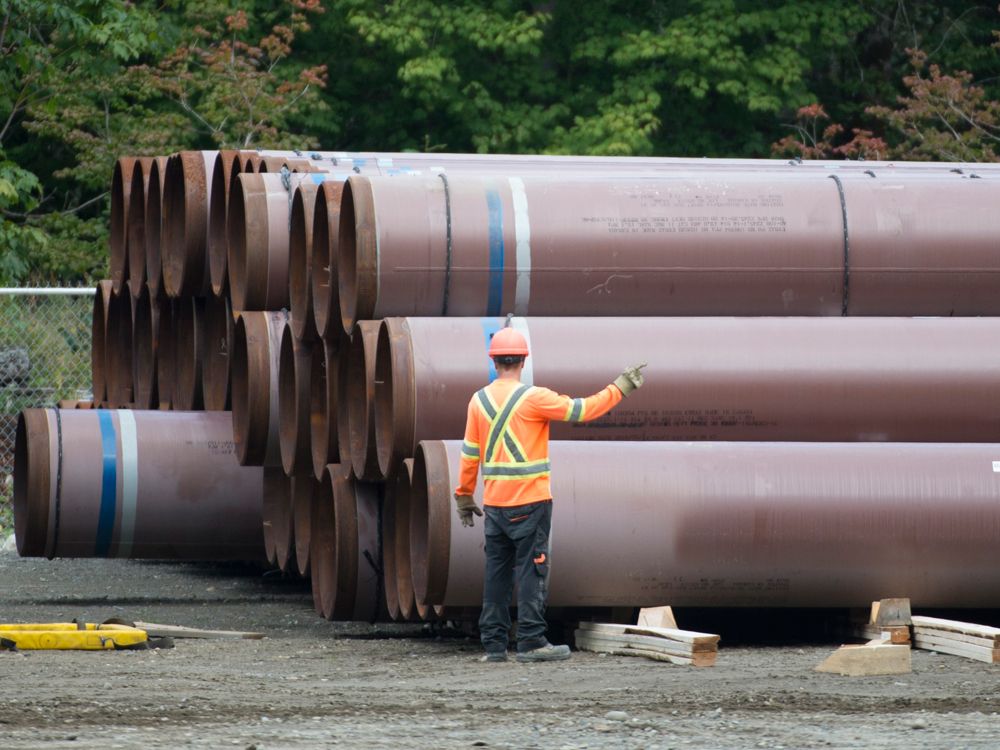QV
Army.ca Veteran
- Reaction score
- 4,427
- Points
- 1,040
For folks in Ontario and Quebec, you better hope Line 5 isn’t shut down. But after all, pipelines are bad so maybe we’ll all be better off.

If Enbridge Line 5 were the only option to ship NG East it would be problematic. Here, TCPL will make more money shipping more NG through CML (the North route through Nipigon and North Bay). It’s not operating at capacity.


I generally agree with you on this, Loachman, but the diver in me looks at the underwater exposure and condition of Line 5 and think “Holy crap!” At least make it a “No anchor” zone. Yikes, one wrong flip of the anchor and a fluke could tear through the physical pipe. At least a hasty protective cage or something around a line carrying 1/2 million barrels/day!Much as I am a rail fan, that is neither the most economical, efficient, or safe way to move oil.
A lot more tank cars would have to be built and paid for, and loading/unloading facilities built, before such an operation could start.
So, Enbridge is currently paying for pilots on all vessels transiting the straits of Mackinaw. Nobody is allowed to anchor there anymore and Enbridge has further committed to tunnelling under Strait and moving the pipeline to a concrete lined tunnel by 2024, IIRC. Assuming Michigan doesn’t block that permit, too. Because climate politics are no reason to make petroleum transport safer...I generally agree with you on this, Loachman, but the diver in me looks at the underwater exposure and condition of Line 5 and think “Holy crap!” At least make it a “No anchor” zone. Yikes, one wrong flip of the anchor and a fluke could tear through the physical pipe. At least a hasty protective cage or something around a line carrying 1/2 million barrels/day!
Perhaps, but trains derail and sometimes large fireballs result.
Regardless, a switch to rail would be neither cheap nor quick.
That’s very positive and shows Enbridge is clearly working to make Line 5 work while the tunnel for 2024 is pursued. Good on them. Hopefully that is taken into account in the upcoming case.So, Enbridge is currently paying for pilots on all vessels transiting the straits of Mackinaw. Nobody is allowed to anchor there anymore and Enbridge has further committed to tunnelling under Strait and moving the pipeline to a concrete lined tunnel by 2024, IIRC. Assuming Michigan doesn’t block that permit, too. Because climate politics are no reason to make petroleum transport safer...
The oil in question is being moved by pipeline.What do you mean a 'switch to rail'?
And, on the safety side, it only takes one Lac Megantic...
Is it feasible to use rail to connect pipelines? Rather than using rail to make the long hauls is it a possibility to use rail to jump weak nodes in the network and transport hydrocarbons from one under-utilized line to another?
I was thinking about this during the XL debates. Some of that line is already in the ground. The US State Department seems to only have jurisdiction over oil crossing the international borders. Could the oil be transported by pipeline from Hardesty to a railhead on the Canadian side of the border, shipped by rail across the border and then trans-shipped again into the existing pipelines in the States? Keep the rail segment as short as possible.
Maybe something similar for Michigan and Quebec? If nothing else it would give them a port at which they could impose their blackmail, I mean taxes.
Through any downtown areas?Does it, though?
Where are the new pipelines going through Quebec?
It's feasible, but every transloading operation increases the risk of some incident even though such would be unlikely and minor. It's already a dangerous line of work, and I knew one locomotive engineer who was crushed to death (and not quickly, either) several years ago.Is it feasible to use rail to connect pipelines? Rather than using rail to make the long hauls is it a possibility to use rail to jump weak nodes in the network and transport hydrocarbons from one under-utilized line to another?
I was thinking about this during the XL debates. Some of that line is already in the ground. The US State Department seems to only have jurisdiction over oil crossing the international borders. Could the oil be transported by pipeline from Hardesty to a railhead on the Canadian side of the border, shipped by rail across the border and then trans-shipped again into the existing pipelines in the States? Keep the rail segment as short as possible.
Maybe something similar for Michigan and Quebec? If nothing else it would give them a port at which they could impose their blackmail, I mean taxes.
As you probably know better than I, when you talk to the people in the industries involved they make it all work somehow, anyways, already using a variety of 'modes and nodes', all generally done under the thoughtful scrutiny of the engineers and cost accountants.
It's just cheaper and more reliable, in general, if you can slam it in one mode at source. For oil and gas products, and especially for our landlocked petro-products, pipelines are generally the best option all round, especially if you're competing with a global marketplace that has actors in it like the Persian Gulf States where the oil and gas are only a stone's throw (literally in some cases) from navigable, tidal water.
It's feasible, but every transloading operation increases the risk of some incident even though such would be unlikely and minor. It's already a dangerous line of work, and I knew one locomotive engineer who was crushed to death (and not quickly, either) several years ago.
It still involves the time and expense that I laid out above.
I'm not sure when Witmer is up for re-election, but she's not exactly popular in her state right now and a recall effort was being made. I've not followed that one, though, so do not know how it is progressing. Steven Crowder has been mulling about running against her.

